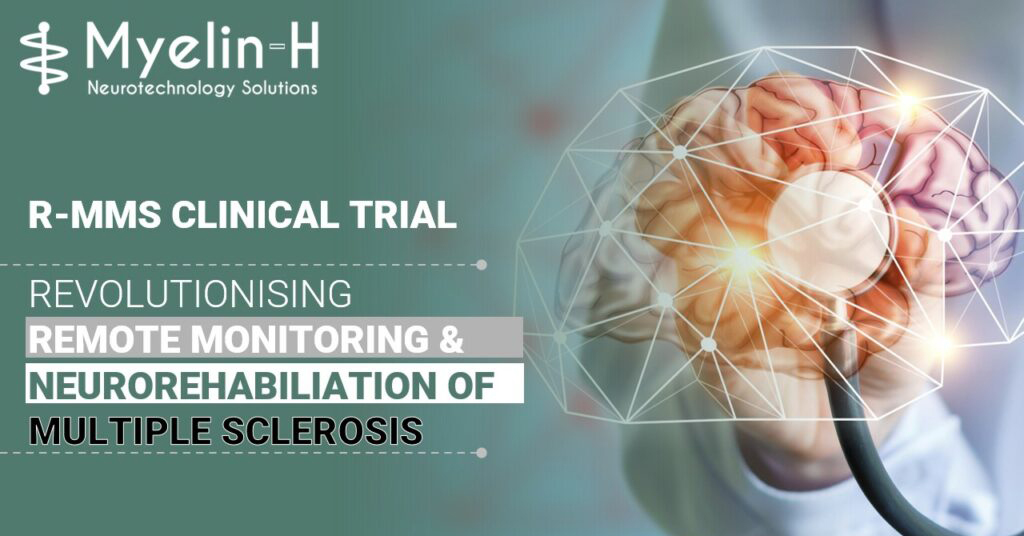- Domaines || de recherche
- Recherche Translationnelle
- Médecine translationnelle transversale (MTT)
- Centre opérationnel de médecine translationnelle (TMOH)
- Service Gestion de projets cliniques (CPMO)
- Centre d'investigation clinique & épidémiologique
- Centre de recherche clinique & translationnelle du Luxembourg (LCTR)
- Centre de compétence méthodologie & statistiques (CCMS)
- Biobanque intégrée du Luxembourg (IBBL)
- Plateforme de modélisation & de dépistage des maladies (DMSP)
- Centre du génome Luxgen
- Plateforme de recherche en pathologie (RPP)
- Projets de Recherche
et essais cliniquesSoutenez-nous - Recherche Translationnelle
Actualités
Un an de Predi-COVID
Veuillez noter qu’à l’exception du titre et du résumé, cet article est uniquement disponible en anglais.
05 mai 2021
3minutes

Une étude de cohorte luxembourgeoise afin d’approfondir la connaissance du syndrome du « Covid long »
Le 5 mai 2020, les premiers participants ont été inscrits à l’étude de cohorte Predi-COVID nouvellement lancée. Et un an plus tard, soit en mai 2021, ces premiers volontaires ont été invités à prendre part au suivi final prévu dans le cadre de cette étude, qui cherchera en particulier à faire la lumière sur les caractéristiques du « Covid long » au moyen d’un nouveau questionnaire spécifique.
Chronic COVID Syndrome (CCS), also known as “Long COVID”, has been emerging as a de facto medical condition, referring to the persistence of COVID-19 symptoms for more than 3 weeks after initial infection. Some of the most frequently observed long-term health consequences of COVID-19 include tachycardia, extreme fatigue and respiratory symptoms, but also renal, cardiac, neurological and gastrointestinal complications in the most severe cases. However, the diversity of signs and manifestations of “Long COVID” calls for further research into this emergent syndrome.
A year after the launch of the patient recruitment phase, the initial participants will be asked to complete one last online self-reported questionnaire as part of the final round of follow-ups within Predi-COVID. This new extended form was developed by the research team in order to specifically address and study the long-term symptoms of COVID-19.
“Up until now, only some of the most frequently reported long-term health effects of COVID-19 have been covered under Predi-COVID. Adding a tailored questionnaire at the end of the follow-up to collect complementary information on a large spectrum of chronic signs or symptoms potentially related to COVID-19 could therefore increase the value of the cohort study and of associated spin-off projects”, explains Dr Guy Fagherazzi, Director of the LIH Department of Population Health (DoPH) and Principal Investigator of Predi-COVID.
In addition to the symptoms previously assessed by the former follow-ups, the extended final questionnaire will include a variety of new topics and potential COVID-related effects. These include stress and anxiety, emotions, memory impairment, extreme fatigue, pain, allergy, renal complications, cardiovascular complications (such as tachycardia and coagulation), neurological complications (such as migraine), gastrointestinal complications, as well as any other symptoms that may have appeared since the initial COVID-19 diagnosis.
As Predi-COVID now celebrates its first anniversary, we would like to express our heartfelt gratitude to all participants who have already allowed us to collect meaningful clinical, biological, epidemiological and sociodemographic data, which will ultimately help us predict the way the disease will evolve in a given individual. I also take this opportunity to stress again the importance of filling out this last questionnaire, which will provide insightful information on the still unclear characteristics of the Long COVID syndrome
Dr Fagherazzi concludes.

FUNDING & COLLABORATIONS
Predi-COVID is coordinated by the Department of Population Health (DoPH) of the Luxembourg Institute of Health and boasts a highly interdisciplinary consortium of Luxembourgish research institutions, including the LIH Department of Infection and Immunity (DII), the Integrated Biobank of Luxembourg (IBBL), the Laboratoire National de Santé (LNS), the University of Luxembourg, the Luxembourg Centre for Systems Biomedicine (LCSB), the Centre Hospitalier de Luxembourg (CHL) and Hôpitaux Robert Schuman (HRS).
The study is co-financed by the Luxembourg National Research Fund (FNR) and by the André Losch Foundation.







